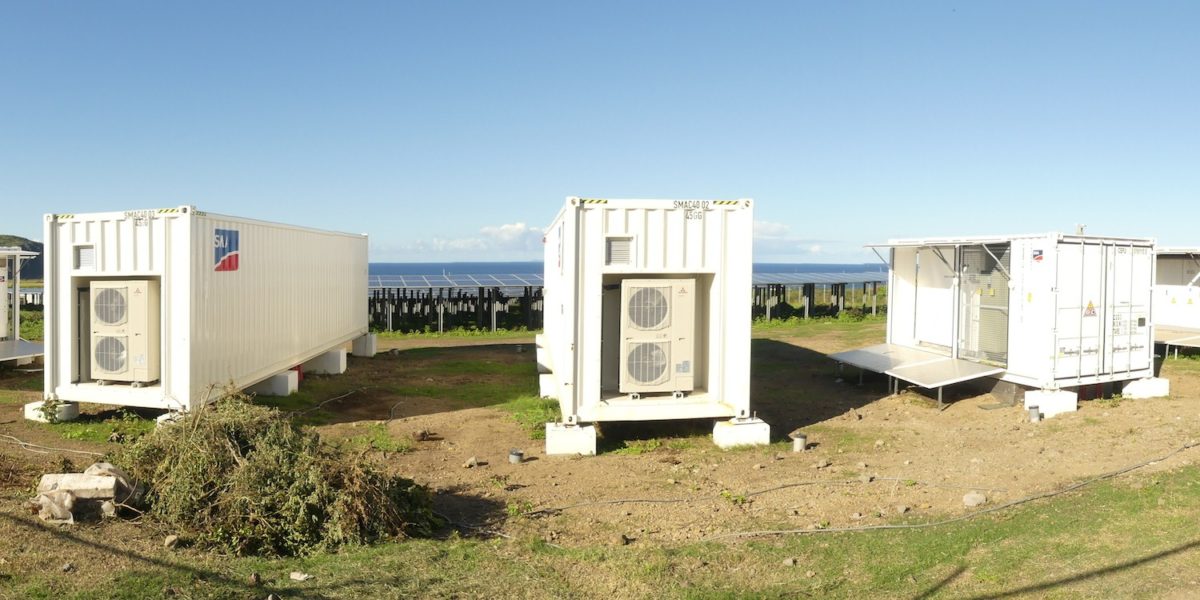“The EU has taken steps to develop a strategic framework for energy storage, in view of accelerating the trans formation of the EU’s energy system and bringing promising new low-carbon technologies to the market. However, there is a risk that the measures taken so far will not be sufficient to achieve the EU’s strategic objectives for clean energy.”
This is one of the main findings of the paper “EU support for energy storage”, published by the European Court of Auditors, which is the EU entity responsible for overseeing how the Union budget is being implemented.
In the report, authors claim that the recently created European Battery Alliance, which was established last October, is chiefly investing in existing technologies rather than innovative ones, thus risking its ambitious goals. These include setting up between 10 and 20 GW scale factories, at a projected investment cost of around €20 billion. “The EU is behind its competitors in terms of battery cell manufacturing capacity,” they also wrote. “There is a risk that the current EU strategic framework will not meet the challenges of the energy transition.”
The report also noted that the EU program Horizon 2020 has already granted approximately €1.3 billion in funds to support projects related to grid energy storage and electromobility, but it also stressed that the complexity of how funds are being allocated should be improved, in a way that allows more innovative companies to benefit.
The authors of the paper also mention double grid fees for storage systems in some EU countries as another negative factor hindering their growth. “Some Member States require them to pay network charges and/or electricity taxes twice, both as a generator and again as a consumer,” they wrote. “Double fees have affected electricity storage facilities in several Member States, including Austria, Germany, Finland and the Netherlands. Finland and the Netherlands are revising their regulations to address this.”
They also suggested that Distribution System Operators (DSOs ) should not be allowed to own, develop, manage or operate energy storage facilities, thus agreeing with the Council of European Energy Regulators (CEER), which in a recent paper took the same position.
The court experts also highlighted how much there is still to be done for electromobility. Especially the deployment of recharging stations, which is defined as late and inconsistent, is pointed out as a factor that is hindering a massive adoption of electric vehicles. In the EU, according to the paper, there are currently around 160,000 recharging stations for EVs, but the UE goal is to have more than 2.5 billion by 2025, which shows how much still must be done.
This content is protected by copyright and may not be reused. If you want to cooperate with us and would like to reuse some of our content, please contact: editors@pv-magazine.com.




By submitting this form you agree to pv magazine using your data for the purposes of publishing your comment.
Your personal data will only be disclosed or otherwise transmitted to third parties for the purposes of spam filtering or if this is necessary for technical maintenance of the website. Any other transfer to third parties will not take place unless this is justified on the basis of applicable data protection regulations or if pv magazine is legally obliged to do so.
You may revoke this consent at any time with effect for the future, in which case your personal data will be deleted immediately. Otherwise, your data will be deleted if pv magazine has processed your request or the purpose of data storage is fulfilled.
Further information on data privacy can be found in our Data Protection Policy.